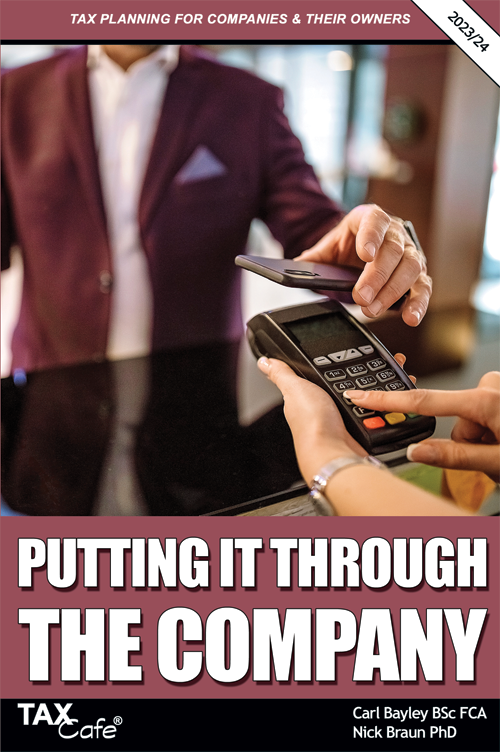Big Tax Changes for Double Cab Pick-Ups
Starting April 2025
Vans are treated much more favourably than petrol or diesel cars for tax purposes:
* For starters, the company may be able to reclaim some or all of the VAT on the purchase price if the vehicle is used for business purposes. This is almost never possible with cars.
* Second, the company can claim 100% corporation tax relief on the purchase price thanks to the annual investment allowance. Most cars only qualify for a stingy capital allowance of 6% per year.
* Third, if the van is used privately the benefit in kind charge (the amount added to your income and taxed) is just £3,960 which is much smaller than most cars. And if the company pays for the van’s fuel as well, the additional benefit in kind charge is likely to be much, much smaller.
Double-Cab Pick-Ups
One type of ‘van’ that has been popular for many years is the so-called double cab pick-up. An attractive alternative to a large car, they have enough seating space for the average family and a lot of extra storage space in the back.
Several manufacturers produce these vehicles specifically designed to carry a payload of one tonne which meets the VAT definition of a van.
HMRC has for a long time stated it will also accept double cab pick-ups with a payload of one tonne or more as vans for both benefit in kind and capital allowance purposes.
Broadly speaking, as long as this rule is met, a double-cab pick-up currently attracts all the tax advantages of a van while providing all the comfort of a car.
But all that is about to change because, in the October 2024 Budget, it was announced that the current beneficial treatment of double cab pick-ups will cease to apply from April 2025, and these vehicles will be treated as cars:
• From 1st April 2025 for capital allowances purposes
• From 6th April 2025 for benefit in kind purposes
The VAT treatment of double-cab pick-ups has not changed, however, and they continue to be treated as vans for VAT purposes.
Transitional Rules
Existing vehicles purchased or leased before April 2025 will not be affected by the changes (at least not immediately) and will continue to be treated as vans for both capital allowances and benefit in kind purposes.
Furthermore, the 100% annual investment allowance (and, where applicable, full expensing) will continue to be available on double cab pick-ups purchased under any agreement entered into before 1st April 2025, provided the expenditure is actually incurred by 30th September 2025.
For benefit in kind purposes, double-cab pick-ups purchased or leased under an agreement entered into before 6th April 2025 will continue to be treated as vans until the earlier of:
* The date the vehicle is disposed of or the lease expires, or
* 5th April 2029
Massive Impact
We cannot stress the impact of this change enough: it will lead to an enormous increase in the tax costs relating to double-cab pick-ups purchased or leased by companies. We would therefore urge any company considering the purchase or lease of a double-cab pick-up to enter into a suitable agreement before 1st April 2025.
For further details see the latest edition of the Taxcafe guide Putting It Through the Company
In one example we show how signing the purchase contract before 1st April 2025 will:
• Save the company £9,067 in corporation tax in the first year
• Save the company owner at least £9,533 in income tax each year until 2028/29
• Save the company around £3,178 in national insurance each year until 2028/29
 The information contained in this article on the top ten missed tax deductions is covered in detail in our popular tax guide:
The information contained in this article on the top ten missed tax deductions is covered in detail in our popular tax guide:Putting It Through the Company



